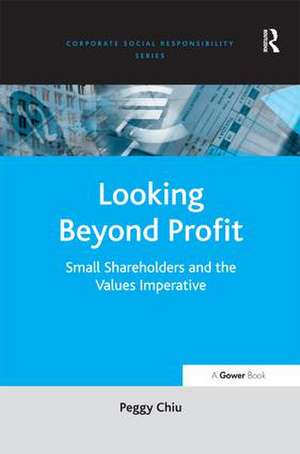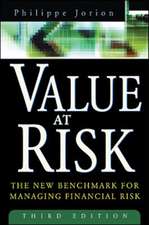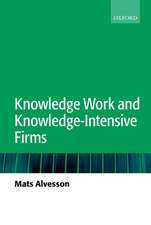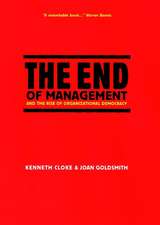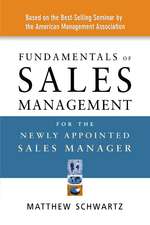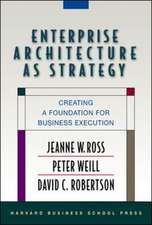Looking Beyond Profit: Small Shareholders and the Values Imperative: Corporate Social Responsibility
Autor Peggy Chiuen Limba Engleză Hardback – 28 dec 2008
Preț: 669.94 lei
Preț vechi: 788.16 lei
-15% Nou
Puncte Express: 1005
Preț estimativ în valută:
128.21€ • 133.36$ • 105.84£
128.21€ • 133.36$ • 105.84£
Carte tipărită la comandă
Livrare economică 15-29 aprilie
Preluare comenzi: 021 569.72.76
Specificații
ISBN-13: 9780754673378
ISBN-10: 0754673375
Pagini: 218
Dimensiuni: 156 x 234 x 14 mm
Greutate: 0.45 kg
Ediția:1
Editura: Taylor & Francis
Colecția Routledge
Seria Corporate Social Responsibility
Locul publicării:Oxford, United Kingdom
ISBN-10: 0754673375
Pagini: 218
Dimensiuni: 156 x 234 x 14 mm
Greutate: 0.45 kg
Ediția:1
Editura: Taylor & Francis
Colecția Routledge
Seria Corporate Social Responsibility
Locul publicării:Oxford, United Kingdom
Recenzii
'Peggy has done both the investment world and the academic world a great service through this research in showing that our assumed knowledge of investment behaviour cannot be taken for granted.' David Crowther, Chair, Social Responsibility Research Network; Professor of Corporate Social Responsibility, De Montfort University, UK 'Acknowledgement and acceptance that corporations must behave in a socially responsible manner is rapidly growing across the world. Yet many managers still believe that their first priority is to their company shareholders. Economic concerns remain dominant, in spite of the growth of socially responsible investment companies. This book is timely in that it sheds new light on the ways in which individual shareholders think: Irresponsible behaviour is not acceptable and will not attract investment from this significant group. That fact should encourage managers to look more closely at their environmental and social impacts.' Professor Juliet Roper, Waikato University, New Zealand
Notă biografică
Peggy Chiu has been an investor, both direct and indirect, in the Hong Kong, Australian and New Zealand share markets for more than 20 years. Her extensive experience working for a funds management company in Australia contributed to her PhD at Massey University where she now teaches strategic governance.
Cuprins
Chapter 1 How Much Do We Know About Ordinary Small Shareholders?; Chapter 2 Values for Oneself and Values for Others; Chapter 3 Dealing with Stakeholders; Chapter 4 The First Strand: Shareholders' Values; Chapter 5 The Second Strand: Qualities of Directors; Chapter 6 The Third Strand: Shareholders' CSR Concerns; Chapter 7 Merging the Three Strands; Chapter 8 Impact of Values; Chapter 9 Debunking the Ordinary-investor Stereotype; Chapter 10 Trends and Developments;
Descriere
This fascinating in-depth study of small shareholders provides both theoretical and empirical insights into their personal values and attitudes to corporate social responsibility (CSR). Peggy Chiu establishes that personal values are a major influence on decisions about the type of investments people make and about which companies they choose to invest in. Financial risk and return are far from being the only factors that determine small shareholders' investment decisions - irresponsible behaviour is not acceptable and will not attract investment from this significant group.
